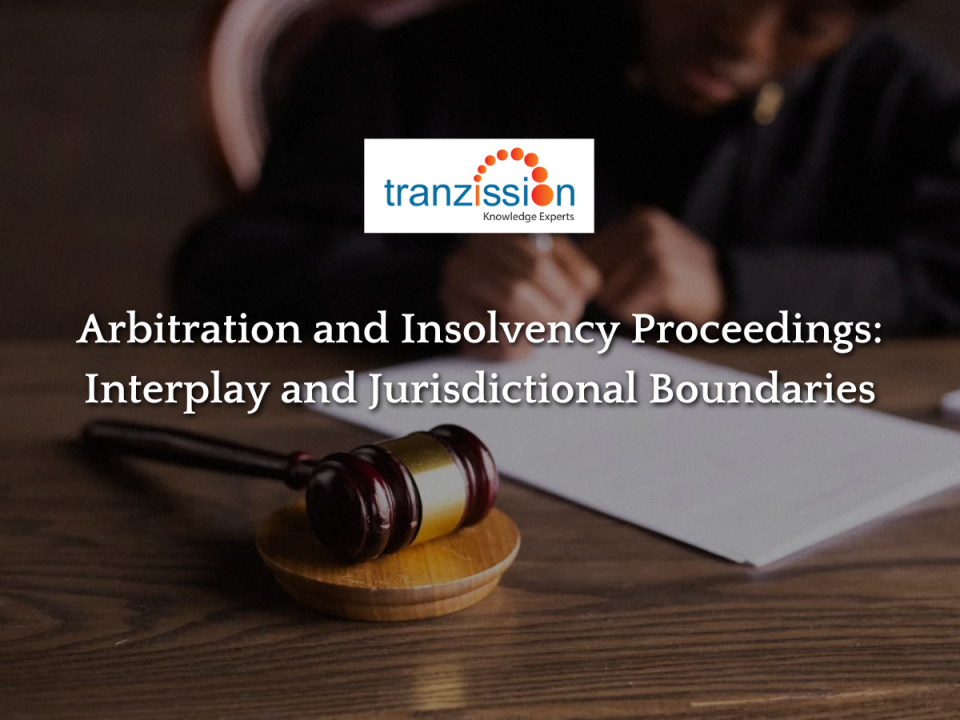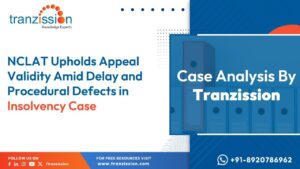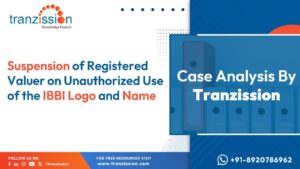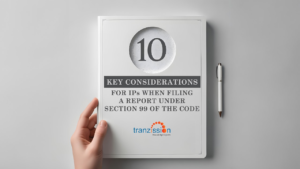
Arbitration and Insolvency Proceedings: Interplay and Jurisdictional Boundaries

Table of Contents
Background
In a recent case before the Telangana High Court (decided on 27th June, 2024), two applications were filed under Section 11(6) of the Arbitration and Conciliation Act, 1996. The applicant sought the appointment of an arbitrator to resolve disputes arising from two agreements with the respondent: the Facilities Service Agreement and the Catering Service Agreement. These agreements were terminated on May 23, 2023, due to arising disputes. Subsequently, the respondent issued a notice under Section 8 of the Insolvency and Bankruptcy Code, 2016, and initiated proceedings under Section 9 of the IBC before the National Company Law Tribunal (NCLT), Hyderabad.
Legal Context
- Arbitration and Conciliation Act, 1996: Section 11(6) of the Act permits parties to seek the court’s intervention in appointing an arbitrator when the other party fails to do so under the arbitration agreement.
- Insolvency and Bankruptcy Code, 2016: Section 9 allows an operational creditor to initiate insolvency proceedings against a corporate debtor upon default.
- Supreme Court Precedents:
a. State of Goa vs. Praveen Enterprises: The Supreme Court clarified that Section 21 of the Arbitration Act requires a party to set out disputes without necessarily quantifying the claim in the arbitration notice.
b. Indus Biotech Private Limited vs. Kotak India Venture (Offshore) Fund: The Court held that an application under Section 7 of the IBC, which is not yet admitted, does not assume the status of a proceeding in rem and thus does not preclude the initiation of arbitration proceedings.
Analysis by the Court
The Hon’ble Chief Justice addressed the core issue: whether arbitration proceedings can be initiated notwithstanding pending insolvency proceedings under the IBC?
1. Validity of Arbitration Notice:
The applicant’s notice under Section 21 of the Arbitration Act, although unquantified in terms of claims, was deemed valid based on the Supreme Court’s interpretation in State of Goa vs. Praveen Enterprises.
2. Concurrent Jurisdiction of Arbitration and IBC Proceedings:
The Court underscored that the mere filing of a petition under Section 9 of the IBC does not preclude the initiation of arbitration under the Arbitration Act. The Court emphasized that no statutory provision prevents arbitration merely because insolvency proceedings are pending. It further noted that until the NCLT admits the insolvency application, arbitration proceedings can proceed.
3. Admissibility of the Arbitration Application:
The application under Section 11(6) was held to be maintainable despite the ongoing insolvency proceedings. The Court clarified that the status of the Section 9 petition does not inhibit the right of the applicant to seek arbitration.
Implications
This ruling elucidates the harmonious coexistence of arbitration and insolvency proceedings, establishing that arbitration can be initiated and proceed concurrently with insolvency processes, provided the insolvency application is not admitted by the NCLT. It also reinforces that arbitration notices under Section 21 of the Arbitration Act need only set out disputes without quantifying claims. This decision delineates the jurisdictional boundaries, affirming that pending insolvency proceedings do not automatically preclude arbitration.
Practical Considerations
For practitioners and parties drafting agreements, it is crucial to:
- Clearly articulate arbitration clauses and dispute resolution mechanisms.
- Strategically consider the implications and timing of initiating arbitration or insolvency proceedings.
- Ensure compliance with statutory requirements for arbitration notices, adequately setting out disputes without necessarily quantifying claims.
This judgment is a guiding precedent for the interplay between arbitration and insolvency proceedings, highlighting essential legal interpretations and procedural directives to deal with concurrent jurisdictional frameworks effectively.





